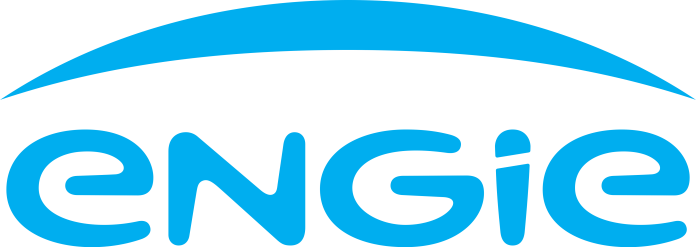ENGIE, a player in low-carbon energy solutions, is celebrating its thirty-year presence in India and a decade of clean energy transformation.
With a current portfolio of 2.3 GW, 1.1 GW of which is operational across seven states, ENGIE is aiming to expand its renewable capacity to 7 GW by 2030. This ambitious goal aligns with India’s target to achieve net-zero carbon emissions by 2045.
A Decade of Clean Energy Innovation
Amit Jain, CEO and Country Manager of ENGIE stated, “Celebrating ten years of renewable energy leadership in India is a proud milestone for ENGIE. This journey reflects our dedication to innovation, sustainability, and strategic partnerships with regional stakeholders.”
ENGIE has been pivotal in driving India’s energy transition through its commitment to advanced technologies, fostering community empowerment, and supporting sustainable growth.
Key Projects and Technological Advancements
ENGIE’s notable renewable energy projects in India have set new benchmarks in operational efficiency and innovation.
Among these, the 200 MW Raghanesda Solar Plant in Gujarat and the 140 MW Bhadla Solar Plant in Rajasthan highlight the use of cutting-edge technologies, such as dry robotic cleaning systems.
Furthermore, the 75 MW Mirzapur Solar Power Plant in Uttar Pradesh, stands as a symbol of India-France cooperation in renewable energy.
Community Empowerment and Socio-Economic Growth
Beyond energy production, ENGIE is deeply committed to fostering socio-economic growth in the communities it serves.
The company has trained over 600 solar module technicians, contributing to the creation of a skilled workforce. Additionally, ENGIE sources 80% of its workforce locally, ensuring sustainable employment opportunities.
The company’s community-focused approach is at the heart of its development strategy, aiming to deliver holistic progress.
Strategic Collaborations for a Sustainable Future
ENGIE’s innovation thrives through strategic partnerships, reinforcing its leadership in the renewable energy sector.
TRACTEBEL, a group company, provides advanced engineering services across energy, water, and infrastructure.
Tabreed, a joint venture with Mubadala, delivers sustainable cooling solutions, meeting growing energy efficiency demands.
The Global Energy Management & Sales (GEMS) arm empowers businesses to decarbonize, optimize assets, and manage risks. Together, these entities strengthen ENGIE’s position in driving sustainable energy transitions.
Looking Ahead: ENGIE’s Commitment to India’s Sustainable Energy Future
As ENGIE enters its next decade of renewable energy transformation in India, the company remains focused on supporting the country’s transition to a sustainable energy future.
As reported by smestreet.in, ENGIE continues to emphasize innovation, environmental responsibility, and community development. The company aims to meet India’s energy needs sustainably. This approach fosters resilience and self-reliance, while contributing to the country’s long-term energy goals.

































